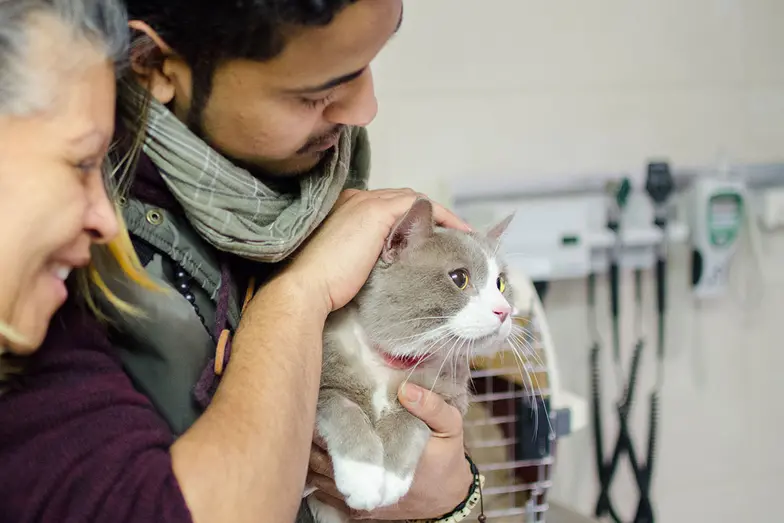Overdosing on Parenteral Chondroprotective Agents

A parenteral chondroprotective such as glucosamine and chondroitin (also known as polysulfated glycosaminoglycans or PSGAG) can be a helpful modality in treating degenerative joint disease in dogs and cats. But what happens when too much is given?
PSGAG is reported to be an analogue of heparin, and parenteral overdoses have been noted to cause rapid diathesis. Cats appear to be more sensitive as compared to dogs – in cats, a single 5 mg/kg intramuscular dose has been noted to cause an increased in prothrombin time and ApTT as well as the reduction of the platelets to aggregate.
Data from the ASPCA Poison Control reports euthanasia in a cat who received a single 46 m/kg intramuscular dose and developed a severe coagulopathy.
In a subacute study of dogs, only dogs dosed at 50 mg/kg intramuscularly twice a week for 13 weeks showed statistically significant changes to the prothrombin time. They also showed reduced platelet count as compared to those dosed at 5 and 15 mg/kg.
And dogs and cats may not be the only species affected. Four cases of fatal coagulopathies were reported in different avian species after intramuscular administration of PSGAG.
If a patient is overdosed with a parenteral PSGAG, monitor coagulation profiles. Complete blood counts may also be indicated, particularly in cats. While treatment would largely be symptomatic (blood transfusions and oxygen), protamine sulfate may have potential benefit.
More Lifesaving Resources
More information on chondroprotective agents can be found here.
Learn more about oral joint supplements and Alpha Lipoic Acid.

We have lots more on this subject:




